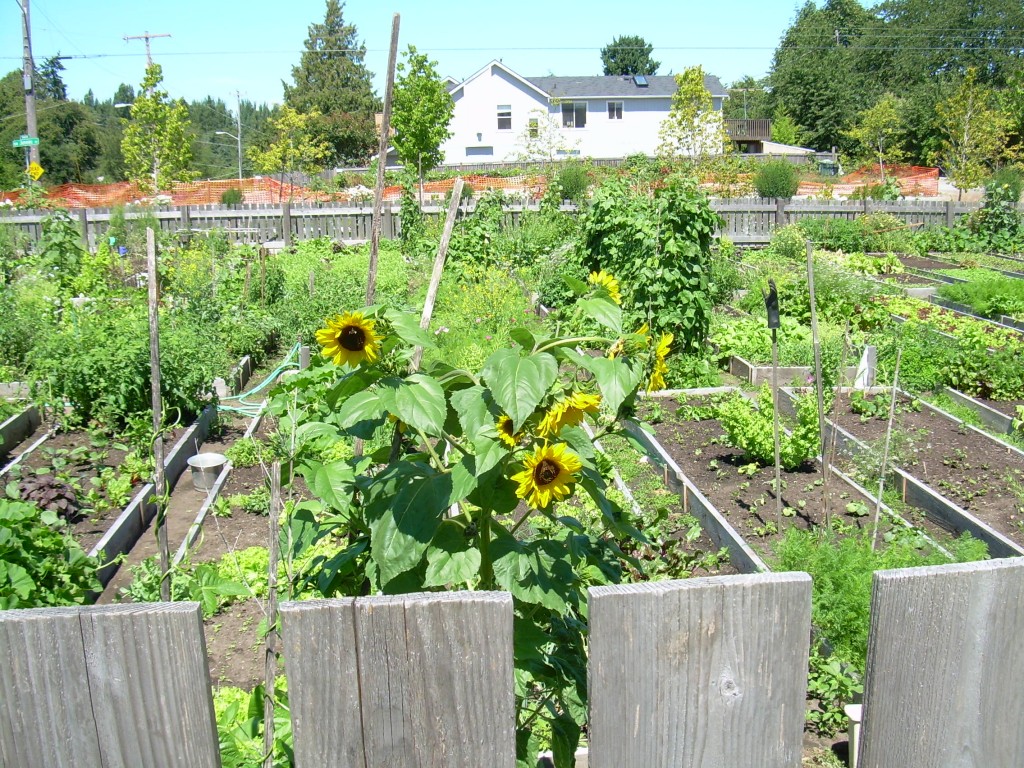Seattle, WA, June 11, 2010
With last week’s Lake City and Magnolia Famers Market openings, the Farmers Market season has officially kicked into high gear. While you probably know it feels good to be outside ogling the seasons’ first cherries and running into your neighbors, you might not know that you’re also saving money. A group of Seattle University Albers School of Business students took their statistics class on the road this May, and conducted a price comparison of organic produce at local markets. Although many large grocery chains have been known to use their organic produce as loss-leaders to lure conscientious shoppers, the students found that the Farmers Markets and other local specialty natural foods markets offer far more competitive prices. According to the student report, “The study concluded that prices at the Farmers Market were almost 30 percent lower on average than those at QFC.” The Farmers Markets won in a landslide when it came to comparing sheer variety and number of local products, even in a year where rain has soaked many spring crops. Whole Foods’ and PCC’s organic selections included only 33% and 25% local products, respectively.
The students visited two NFMA markets, University District Farmers Market (Saturdays, year round) and Broadway Sunday Farmers Market (Sundays through December – Capitol Hill), and captured data on prices per pound, growing region, and organic certification. The SU study supports the findings of the Neighborhood Farmers Market Alliance (NFMA), a non-profit organization that manages the top farmers markets in the greater Seattle metro area. “We’ve been saying all along that buying local at our markets supports farmers, local businesses, and is an accessible option for everyone,” says Chris Curtis, the NFMA’s Executive Director. “It’s gratifying that year after year these students affirm the farmers markets with statistical research.” She notes that the NFMA markets all accept EBT/SNAP (food stamps), WIC, and Senior Farmers Market Nutrition Program coupons.
In addition to offering the greatest variety and easiest access to local food, farmer-focused markets like those within the NFMA are one of the only ways for consumers to support farmers and know their food. In order to sell at an NFMA market, farmers must be growing within Washington State and only sell what they grow or raise. Farmers markets aren’t just all about produce either. Shoppers can expect to find cheeses from local sheep, goats and cows; eggs, meat, poultry, baked goods, preserves, wine, cider, nuts, honey, flowers, prepared foods, and more.
The Neighborhood Farmers Market Alliance developed from a partnership between community groups coordinating the University District Farmers Market and West Seattle Farmers Markets (established in 1993 and 1999 respectively)) and the Columbia City Farmers Market (established 1998), with encouragement from Seattle’s Office of Economic Development. They currently run 7 local Markets, including West Seattle, Broadway Sunday, Phinney, Lake City, and Magnolia, and have been recognized nationally for their leadership in the farmers market movement. The NFMA is a non-profit 501(c) 3 corporation with a board of 13 directors; four of these members are farmers who sell at the Markets. Other board members represent Seattle neighborhoods where the Markets take place, or are citywide representatives who support the goals of the NFMA.
Facebook: Seattle Farmers Markets
Twitter: @NFMASeattle
###
Professor conducting the study: Stacy Jones, sjones@seattleu.edu
NFMA Press Contact: Chris Curtis, Executive Director, (206) 632-5234
Chris@seattlefarmersmarkets.org

